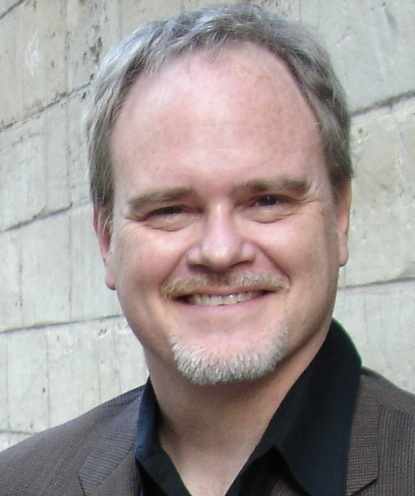
A key reason to select a particular business partner is to win some unique advantage: share in their pipeline, build on their expertise, innovate your offering. But for some kinds of "partners", the real advantage is reinforcing your brand. Nike and Apple are these kinds of partners. They are different sectors (apparel and electronics), but they own a very similar kind of space in our brains. (BMW and Apple also are partners, for the same reasons.) This proximity of brand location strengthens each brand. Often these kinds of partners are called "constellation partners".
I've been thinking about the Davidson College Cinderella story in their run-up to the NCAA Final Four, which they executed to perfection until the final seconds of a game against Kansas. Just getting to the Elite Eight was great, though, for a school of 1700, of which half are women. All the students are incredibly bright and well-rounded. I know -- I went to Davidson and magically got accepted (they never noticed that I was only pretending to be as wonderful as the other kids ... ).
Davidson was a demanding institution, but with its Honor Code and eating house system, it offered an ethical and social system that reinforced its humanities-oriented curriculum perfectly.
I never followed its sports. Until this season.
Now, I feel -- really, honestly feel -- even more proud of the school, if that were even possible. NCAA tourneys are dominated by big schools, with big players, who are segregated from the main student body, held to different standards academically, and who bring the schools untold amounts of money in various ways. Davidson: small program, smaller players, and they are expected to do their homework and maintain their GPA. And, from all reports, the Davidson Wildcats team is filled with smart, capable students who do math and econ as well as they dribble.
I mention all this because a key part of our experience of brands is whether we are proud to be associated with them, and passionate about talking them up. If they are great brands, or great companies, we bask in their glow. In fact, BIRG (basking in reflected glory), or BIRGO as I prefer it (basking in the reflected glory of others), is a term of art in marketing and branding circles. It describes the phenomenon of appropriating a brand to be part of one's own identity, when that brand is loved or respected. A classic study showed that college students, after their teams lost, would describe the team using the word "they", but when the teams won, would describe the team as "we". It's unconscious. But it's real.
So, in the midst of the Davidson NCAA magic, I found myself thinking that we did well. In reality, I had nothing to do with it.
Let me bask a bit longer, though. Please. I'll return to reality soon enough. In the meantime, you can Google "BIRG" or "CORF".









